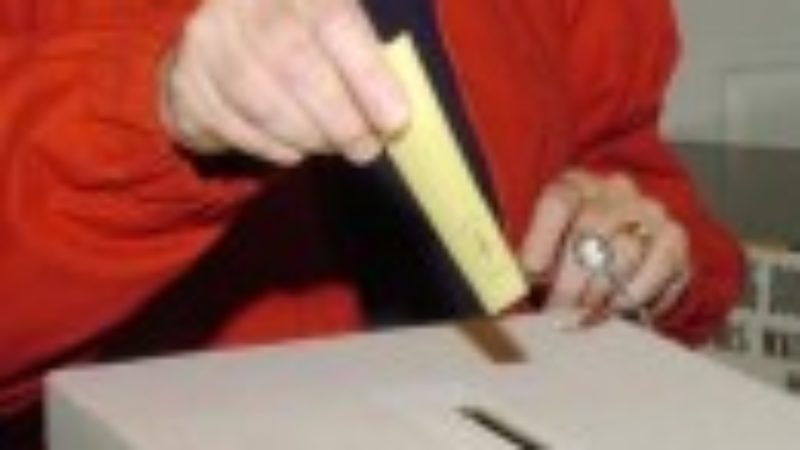
Earlier this afternoon I revealed the 106 “battleground seats” Labour will be focussing on ahead of 2015. But what did that list tell us, and what else have we learned about Labour’s General Election strategy?
No Labour held seats – all 106 of Labour’s target seats are ones that the party is hoping to gain. No Labour seats on the list means that the party is planning to make the election campaign about offence, not defence. That means the party will expect all current Labour MPs to hold their seats, banking on the power of incumbency – and national swing. That’s a positive message, but of course there are a few Labour-held seats with very small majorities where the current MP is believed to be stepping down at the next election. Those seats will need care, attention and money too.
No Bradford West – one of the most surprising omissions from the target seat list was the one that Labour lost most recently and rather memorably – Bradford West. I asked one senior Labour figure this afternoon why Bradford West was omitted from the target seat list, and was told that the party believe it doesn’t need a big key seat campaign to take back the seat from Galloway’s party. I won’t deny that concerns me a little (I think it sounds a little complacent), as the lesson of Bethnal Green and Bow – which Labour took back from Respect in 2010 – was that you can’t take any chances with Respect. A “big key seat campaign” was exactly what happened there, and it was effective. But Labour officials certainly seem confident that Bradford West will be Labour again in 2015 – and whether it’s on the target seat list or not, it’s still getting resources, which is reassuring.
All target seats should have candidates by the end of the year – Around 30 of the 106 target seats already have PPCs. I understand that the intention is to have candidates selected in the vast majority of these seats by the end of 2012. That’s a good start, but it isn’t quick enough. As Marcus Roberts and I argued last week “all 100 target seats for Labour should be filled by Summer 2013”. That would give all of the candidates a two year run at their seats. Any less than that isn’t really enough. And it’s not enough just to select them, candidates need to be trained and supported properly. A candidate contract is being developed by the party, which reflects their obligation to the party, but the party has an obligation to candidates too. Lastly, the party should also have at least one organiser (preferably two) in place in each of the 106 seats by the end of the year. Seats with organisers perform better – with some of the swings required, organisers aren’t an optional extra, they’re essential. However it’s good to see that the party recognises the importance of members and volunteers in the campaign (see point 5).
The importance of Arnie Graf – I’ve written about Arnie Graf and his importance to Labour’s electoral strategy before, but it’s interesting to see the amount of focus that Labour HQ are giving the American organising expert. The party will be putting all party staff through training with Arnie Graf starting next month, and that training will be extended to members in target seats. The aim is to have an organiser in the Graf method (mostly volunteers) in every ward in every Labour target seat. That’s almost 1000 people to train, it’s a big task – which will need a significant amount of money, investment and staff time.
The importance of members (and technology to empower them) – Johanna Baxter noted in her NEC report last month that the Labour Party would be making use of the Nation Builder software in 2013 (branding it, unsurprisingly, “One Nation Builder”). In addition I understand that the equally loved and maligned Contact Creator will be getting a user friendly update to its front end in the coming months which should make it easier to use for lay activists (including the ability to use the system on mobiles and tablets). All of this is great – but it’s only important because of what it shows about Labour’s approach to the 2015 election. There isn’t the money that there once was for general election campaigns, so members are to be far more important than they have been before. But that means they need to be empowered. The technology being introduced by the party will help with that.




More from LabourList
Asylum reform: Full list of MPs opposing government’s immigration proposals
Senedd elections 2026: Who are Welsh Labour’s candidates?
Budget 2025: Full list of Labour MPs backing wealth tax motion